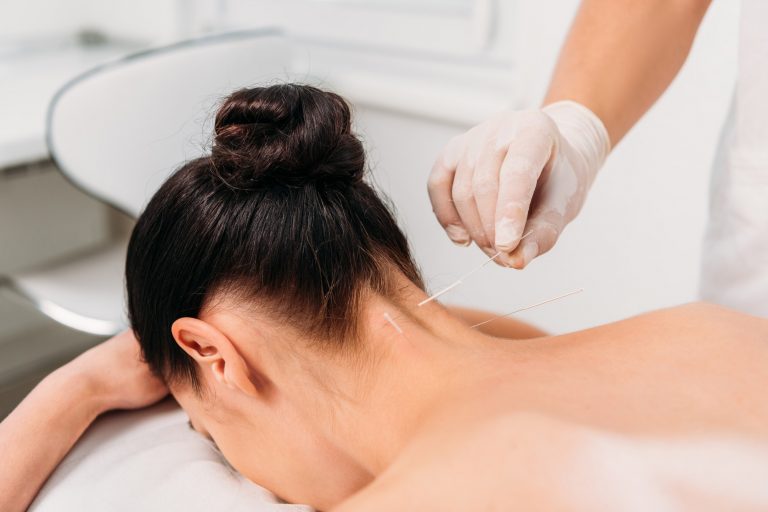Schedule an Appointment Now
Welcome to Le Reve Regenerative Wellness. To schedule an appointment please fill out this form and somebody from our team will be in contact with you very soon. If you have any additional questions, you can also call our team at (408) 606-9191.
Desired Hour
000204060810121416182022240030access_time


